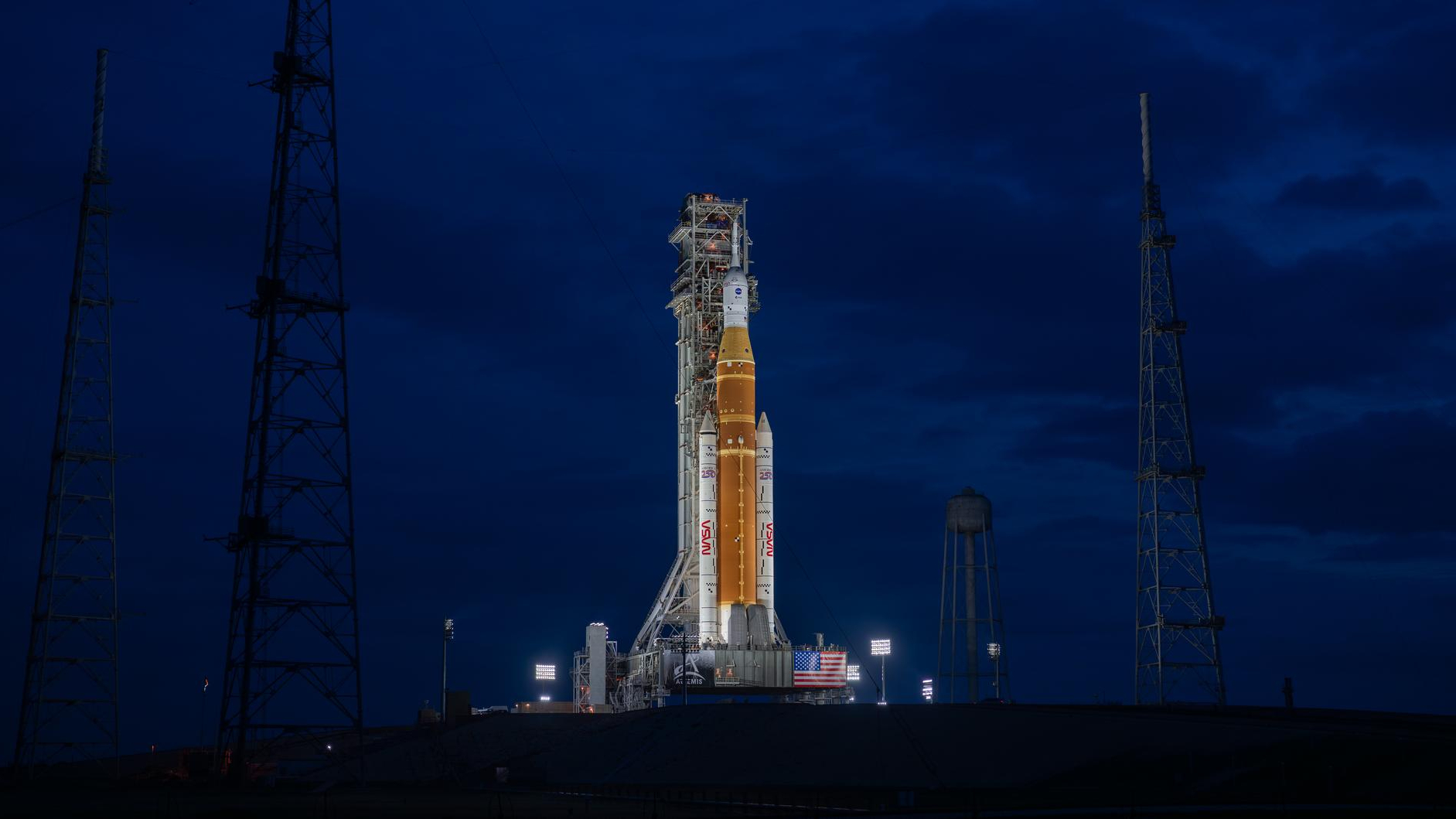Russian Military Rocket Crashes After Launch
Russian spaceofficials have called off the search for an unmanned rocket and its militarysatellite payload that crashed just after liftoff from Plesetsk CosmodromeTuesday.
Recovery ofthe communication satellite's remains, which were strewn across Russia'sTyumen region of Siberia, will resume Wednesday, according to the Russian newsagency Interfax.
"Thesearch, involving an An-2 aircraft, lasted about five hours," a spokesman forRussia's Emergency Situations Ministry told Interfax, adding that search operationsconcluded as the plane ran out of fuel.
Molniyasatellites work in tandem with other spacecraft to provide uninterrupted videoand radio signals for military users. While newer Molniya satellites haveserved the Russian military, earlier versions were used by civilian consumersas well. Those spacecraft orbited Earth once every 12 hours in an orbit thatstretched from 24,854 miles (40,000 kilometers) at its peak above the NorthernHemisphere down to 292 miles (470 kilometers) above Southern Hemisphere.
Russianspace officials said the Tuesday's Molniya-M rocket launched properly, butexperienced a malfunction as it switched between stages.
"Theengines of the Molniya-M rocket carrier shut down when the carrier rocket wasputting the military-purpose satellite in orbit," said Russian Space ForcesCol. Alexei Kuznetsov told Interfax. "As a result, the satellite did not reachits designated orbit."
AnatolyPerminov, chief of the Russian Federal Space Agency, said investigators wereconsidering two potential causes for the crash.
Breaking space news, the latest updates on rocket launches, skywatching events and more!
"Either therewas an engine failure of the third stage, or the staging order was notfulfilled," Perminov told reporters during a press conference at theInterfax main office.
A criminalinvestigation has been opened, with military prosecutors to study the potentialviolation of flight rules, according to the Associated Press and Interfax.
So far,there have been no reports of injuries or major damage, and Russian SpaceForces officials touted the Molniya launch vehicle as among its mostenvironmentally-safe boosters because it relies on kerosene and liquid oxygen,Interfax reported.

Tariq is the award-winning Editor-in-Chief of Space.com and joined the team in 2001. He covers human spaceflight, as well as skywatching and entertainment. He became Space.com's Editor-in-Chief in 2019. Before joining Space.com, Tariq was a staff reporter for The Los Angeles Times covering education and city beats in La Habra, Fullerton and Huntington Beach. He's a recipient of the 2022 Harry Kolcum Award for excellence in space reporting and the 2025 Space Pioneer Award from the National Space Society. He is an Eagle Scout and Space Camp alum with journalism degrees from the USC and NYU. You can find Tariq at Space.com and as the co-host to the This Week In Space podcast on the TWiT network. To see his latest project, you can follow Tariq on Twitter @tariqjmalik.
